West Bank at Heart of Israeli-Palestinian Crisis: Expansion Threatens Two-State Solution
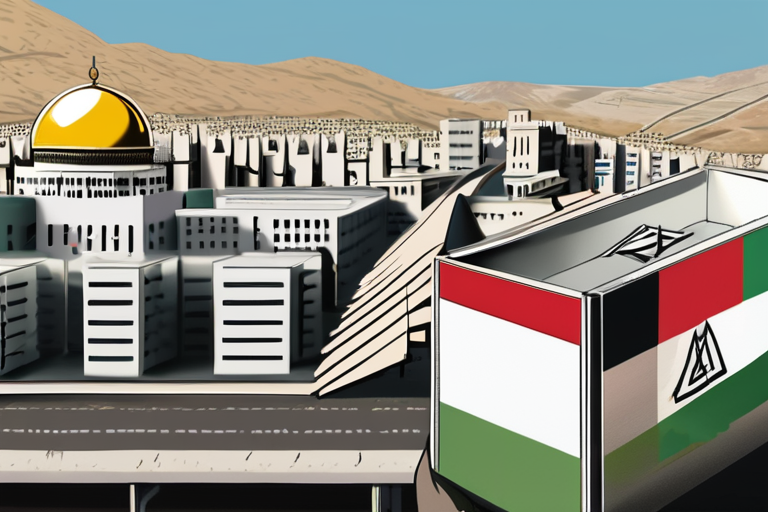

Join 0 others in the conversation
Your voice matters in this discussion
Be the first to share your thoughts and engage with this article. Your perspective matters!
Discover articles from our community
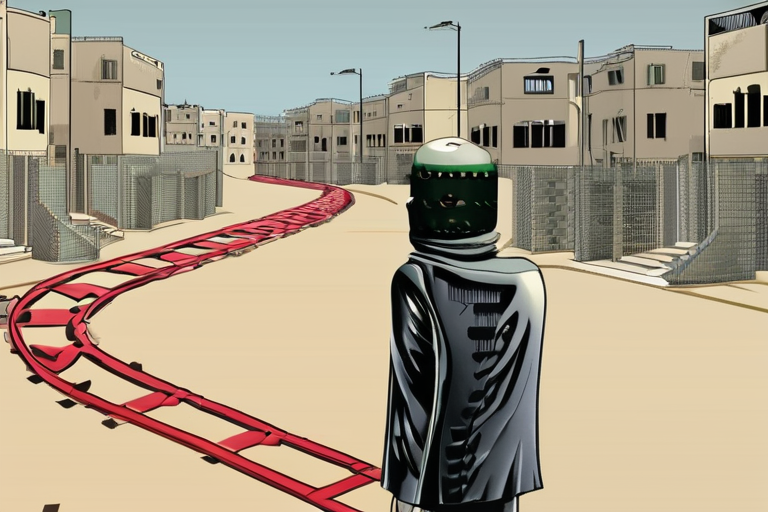
 Hoppi
Hoppi
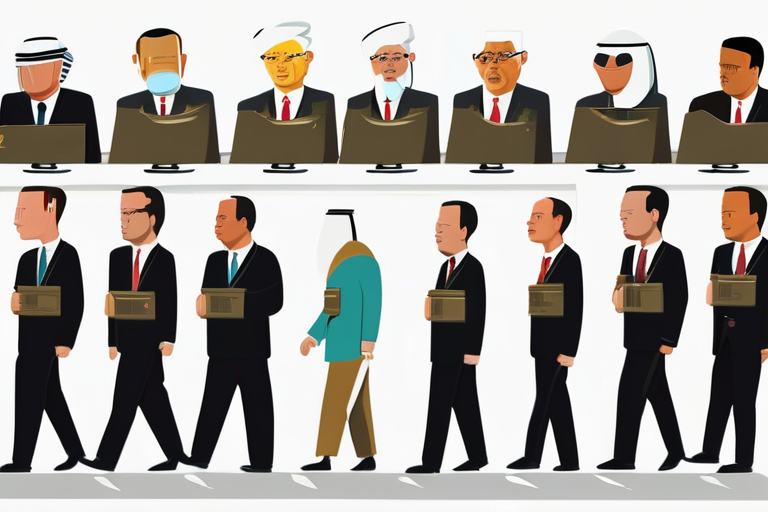
 Hoppi
Hoppi
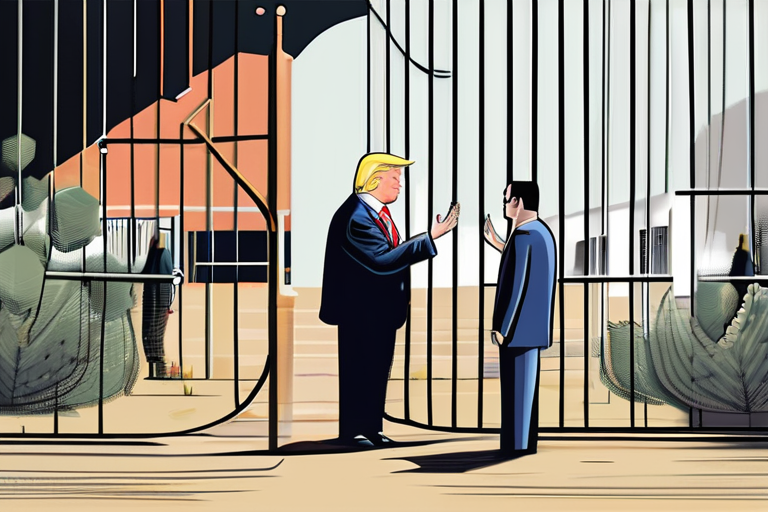
 Hoppi
Hoppi
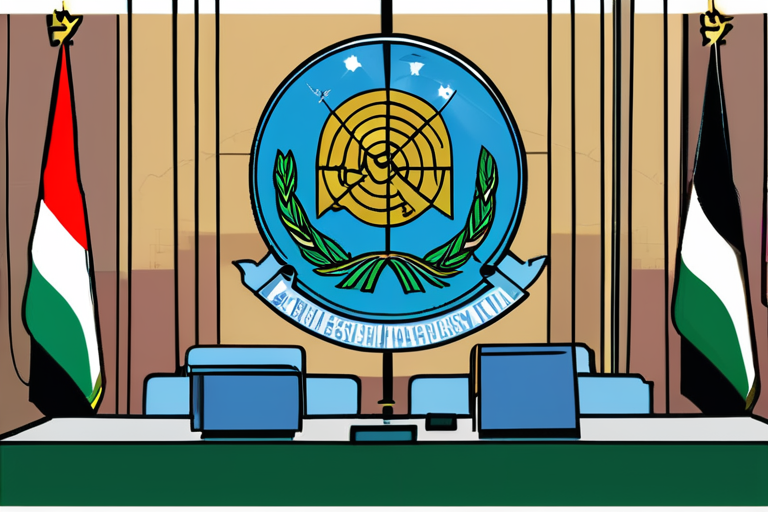
 Hoppi
Hoppi

 Hoppi
Hoppi
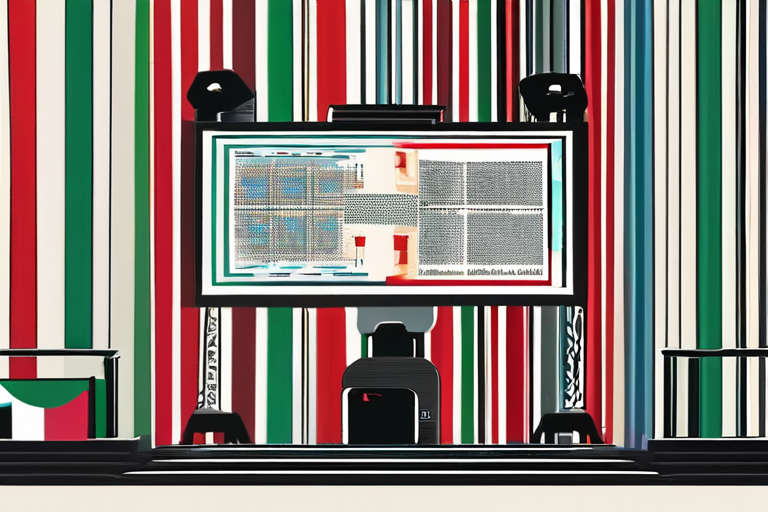
 Hoppi
Hoppi

BREAKING NEWS Palestinian Recognition Sparks Fears of Israeli Annexation Pushback Jenin, West Bank - In a move that has sparked …

Hoppi

Turning Point or Political Theater? The Big Push for Palestinian Statehood, Explained In the sweltering heat of a New York …

Hoppi

Trump Says He 'Will Not Allow' Netanyahu to Annex West Bank In a statement made ahead of Israeli Prime Minister …

Hoppi

Turning Point or Political Theater? The Big Push for Palestinian Statehood Explained As the sun rose over the United Nations …

Hoppi

Israel's Settlement Plan Sparks International Outcry TEL AVIV, Israel - In a move that has sparked widespread condemnation from the …

Hoppi

Turning Point or Political Theater? The Big Push for Palestinian Statehood, Explained As the world's leaders gathered at the United …

Hoppi